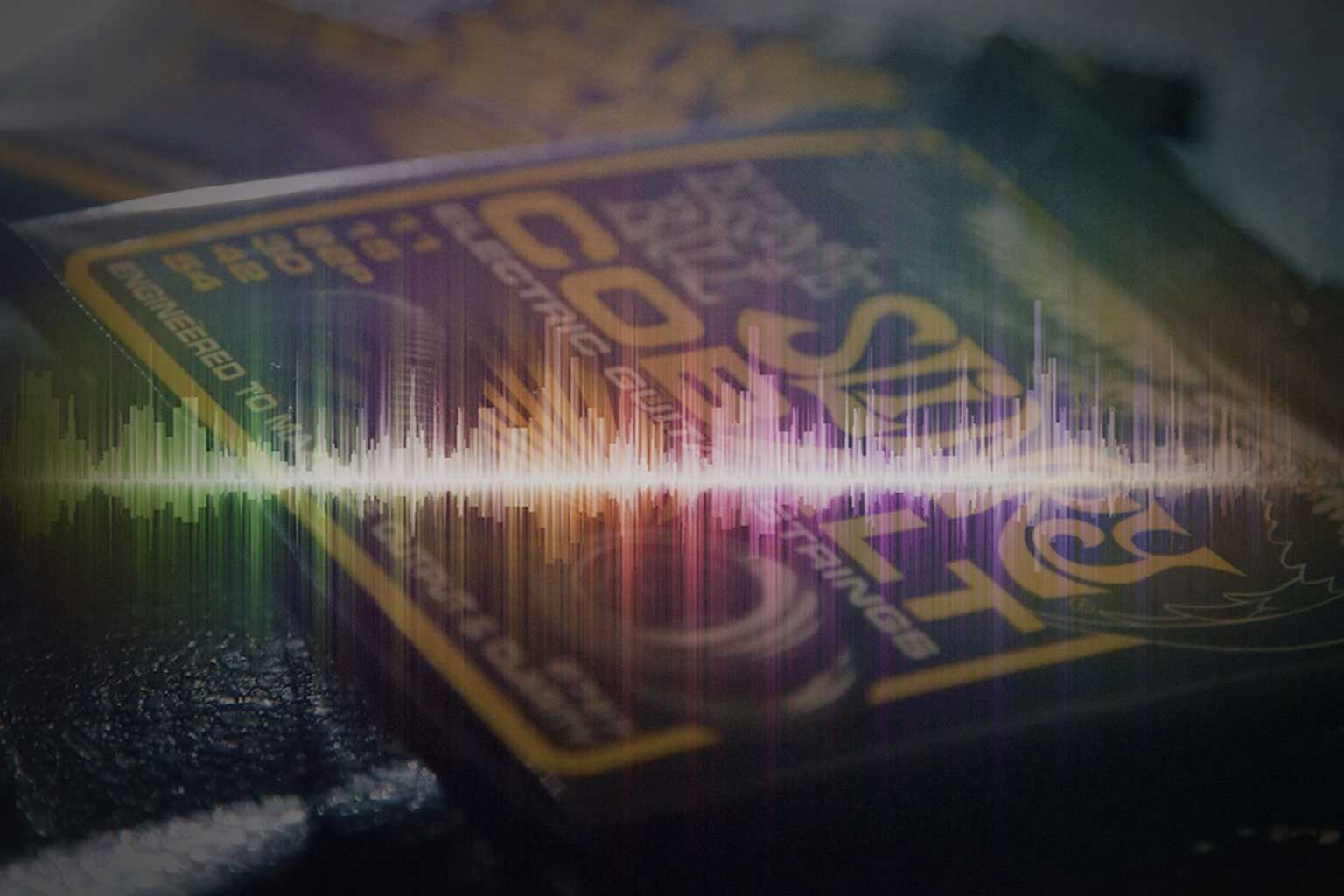Transcript
Chris Broderick:
Guitar playing to me when I found the guitar was just like this new world, something that I think I'd been looking for for a long time because I had been through a number of different activities and stuff like that. When I found the guitar, I just couldn't put it down. As soon as I picked up the guitar, I pretty much ... I knew it was it. I didn't know it at the ... I didn't say I grabbed the guitar and said, "Oh, this is all I want to do," it just became encompassing. All encompassing in everything I was doing all the time. You know, I think it's the challenge of being able to make something sound beautiful on it, especially even with distortion, you know? It's like you want to sound aggressive, but you still want it to sound beautiful.
Chris Broderick:
The very first things that I ever learned on the guitar were stupid things. I had to plug it into my dad's stereo and just the pick scraping and the squealing and stuff like that. All of that was just so cool to me, just the sound that emanated from the instrument. And then I remember learning my first hammer-ons and pull-offs to open strings and just thought that was the coolest thing, you know. And quickly from there, I got into all of the shredders, Yngwie and Gilbert and Jason Becker and they have tortured these fingers ever since.
Chris Broderick:
When I started playing Ernie Ball strings, it was clearly when I didn't know what string manufacturer actually was producing the string I liked. I knew that sometimes I would pick up a guitar and it just sounded alive and vibrant. And I was at that time playing a competitor of Ernie Balls and I just couldn't find that sound in that string manufacturer. And I didn't know who at the time made it until I stumbled on Ernie Ball strings. And it just had this resonance about it, this alive kind of sound to it that really made me like the strings.
Chris Broderick:
I never really expected any sort of national gigs or anything like that. I wasn't that guy going, "I know I'm gonna make it." I was more of a realist and just loved playing the instrument and you know, obviously if you're playing electric and metal, you're going to have a band. And from there, you know, I just never turned down opportunities. When Jag Panzer had asked me if I wanted to do a European tour with him, for a half second I did say no because I was registered for classes in college, but at that time I thought, you know, college is always going to be there. I can always go back to college, I'll never get this opportunity again. That kind of mentality is really what's, you know, gotten me into the gigs that I've gotten, but I never expected them. It's just a fortunate, you know, thing that happened for me.
Chris Broderick:
To me, Ernie Ball is much more than just the strings. They support their artists extremely well. Every time I have an issue or any strings or anything that I need to get right away, it's almost as if they've shipped it before I've asked for it. There's no questions or anything like that. They've done a great job of supporting me personally. Ernie Ball in this case is family owned, you know, and it's kind of like becoming part of the family when you're part of Ernie Ball.
Chris Broderick:
For me personally, the most enjoyment I get out of music and the instrument in general is creation. I really do think that I play the guitar for different reasons than most guitarists. It wasn't that I heard ... The first time I heard Eddie Van Halen or went to a concert, I was like, "Oh, I gotta be able to do that. I want to be that guy on stage." I actually found the instrument and just loved what it did. I remember when I was first learning how to play, just having fun, trying to see how long the particular pickup that was in this guitar would sustain and then become feedback, you know? It was just something about the instrument itself that drew me to it.



















